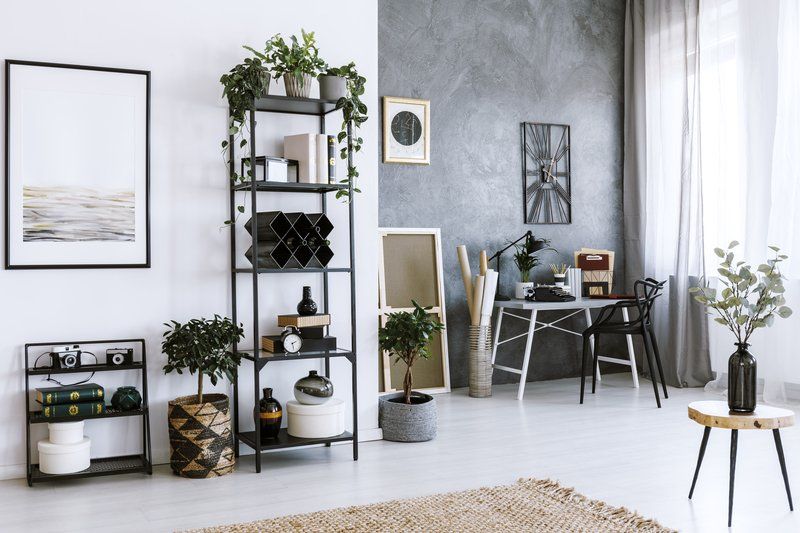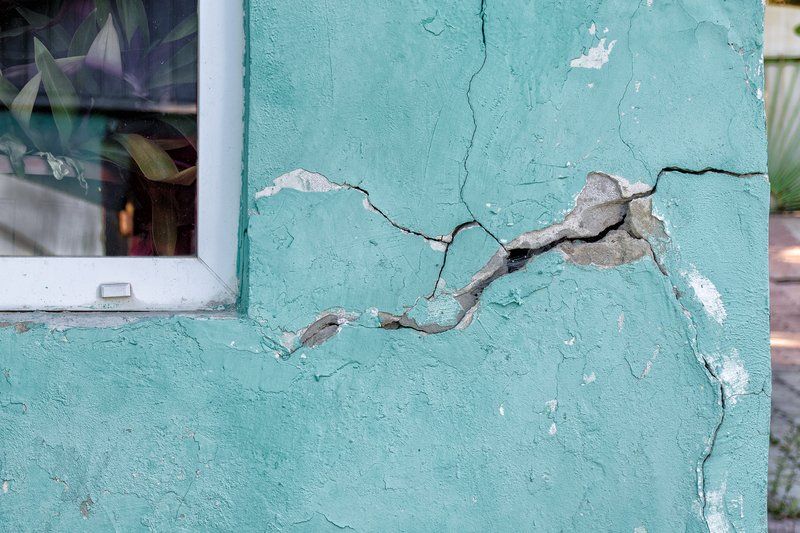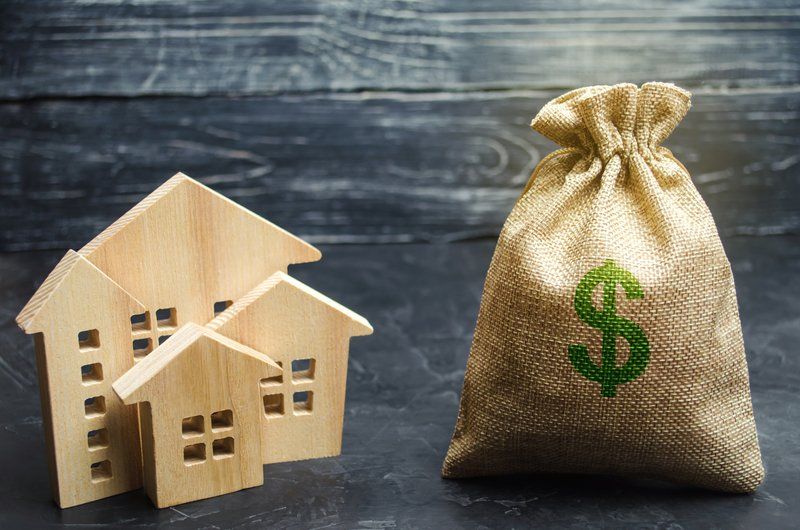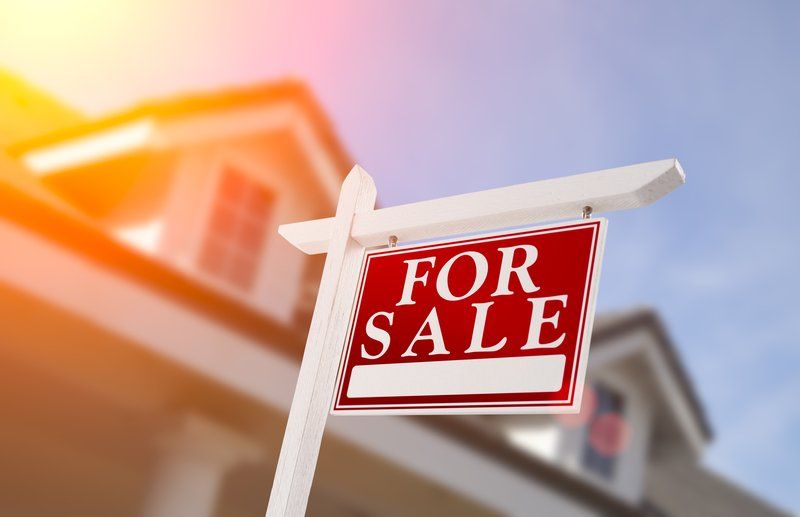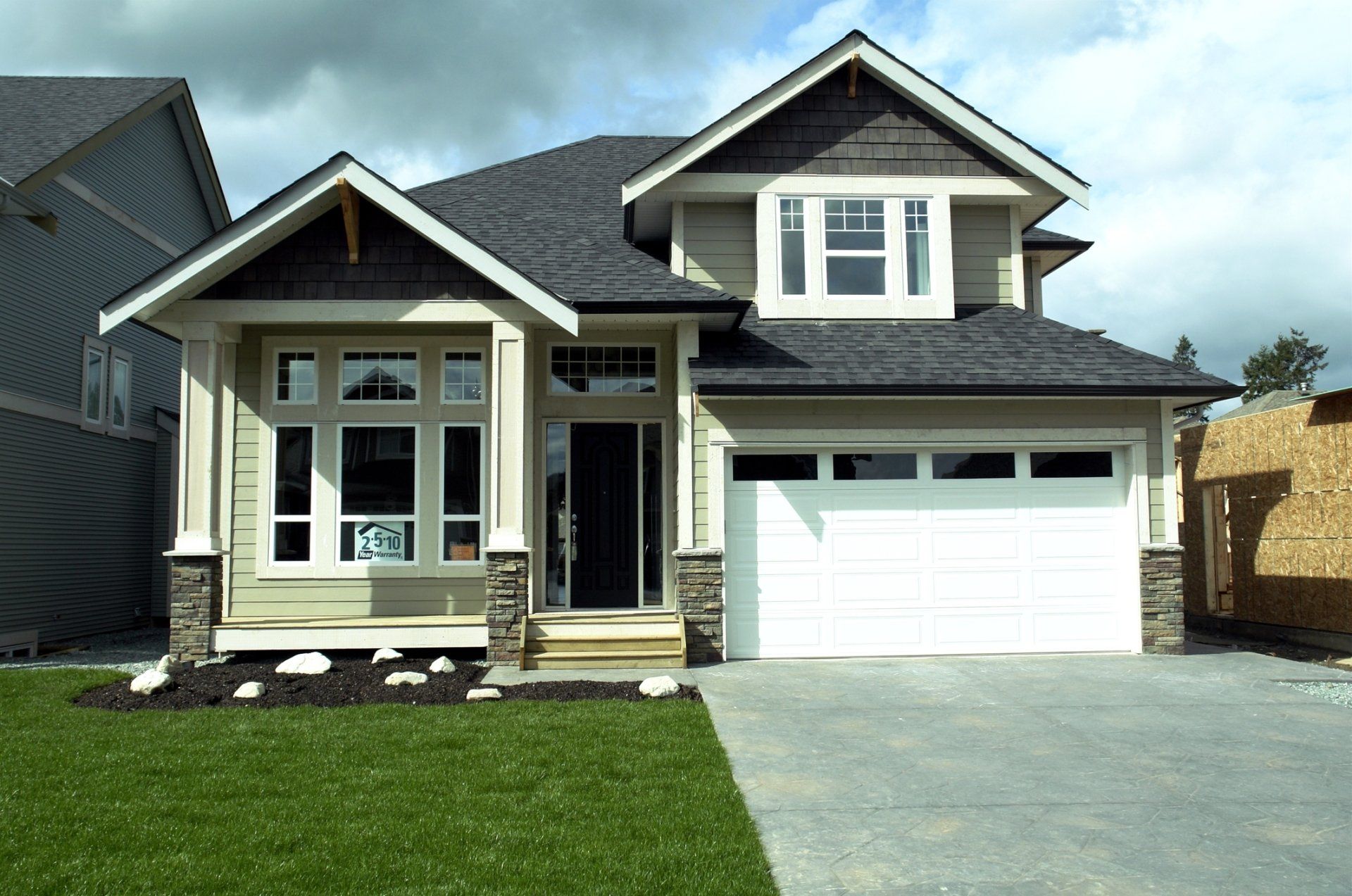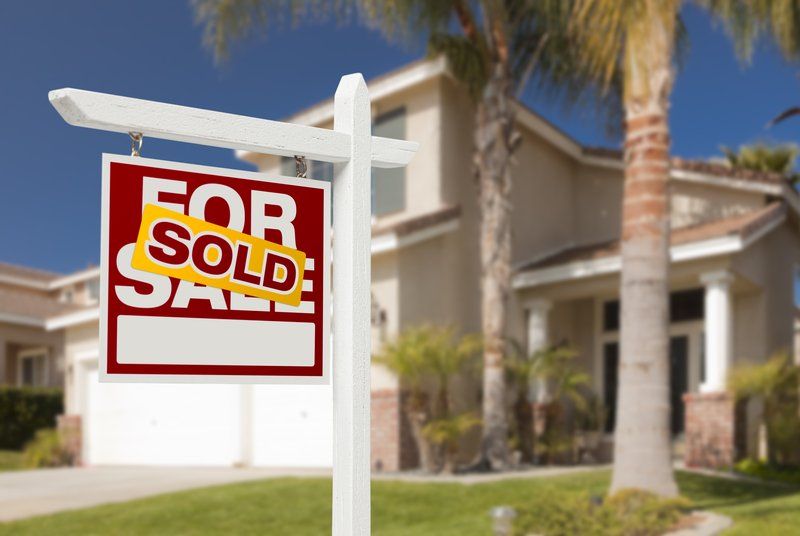How to Get a More Accurate Valuation for Your Home
- By Multifuse Team
- •
- 28 Jul, 2021
- •
Knowing your home’s value certainly helps you when you are hoping to sell. But it also helps you refinance on mortgage loans, determine property taxes, and insurance premiums. To get a more accurate valuation for your home it is important to call an appraiser, get an inspection, and compare properties within your area.
Call an Appraiser
Before the underwriting of a house loan can be completed, banks require there to be a home appraisal. As the seller, you are not required to get an appraisal, but it can be helpful when comparing the two estimates. According to Opendoor, appraisers look at elements like where the home is located, environmental dangers, type of foundation, and year the home was built. An appraisal should be an unbiased, accurate valuation of your home. A professionally certified appraiser does cost. However, the money you make in the sale price makes up for the expense.
Get an Inspection
A home inspection is different from an appraisal in that it focuses on how structurally sound the home is. As a homeowner, it is important to get an inspection annually to know what kind of maintenance your home needs. According to J Bixler Inspections, you should be present for the inspection to take notes. Identifying and fixing needs early on will save you extensive maintenance costs in the long term. These inspections can also be an accurate tool in valuing your home. Calling an expert to find out the exact state of your home and how valuable each part of your home is will go a long way in determining the actual value.
Compare Properties
Evaluating comparable properties in your area means looking at homes that are similar in property size, home structure, neighborhood, etc. Accurate comparisons are crucial to getting the proper estimate. According to Nerdwallet, over half of U.S. homeowners (56%) estimate their home’s value compared to surrounding properties. How much you add and subtract depends on the current conditions of the housing market and how your house condition, upgrades, square footage, etc. compares.
Whether or not you are looking to sell, it is always a good idea to have a valuation for your home. Accurate valuations are even more helpful in planning what you can do with your asset (i.e. selling, refinancing, whatever you choose). To get a more accurate valuation for your home, call an appraiser, get an inspection, and compare similar properties for the best result.
Read this next:
What You Need Before Doing DIY Work on Your Home

